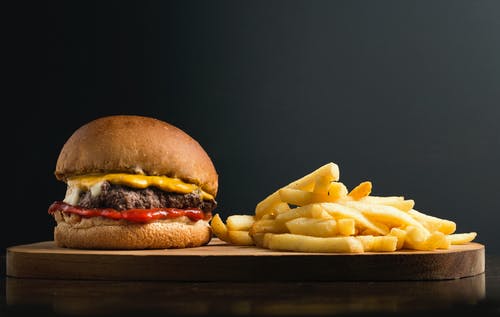
The transition to parenthood is a profound experience, filled with joy, excitement, and, often, significant stress. For new parents, the pressure of caring for a newborn can be overwhelming, leading to physical exhaustion, emotional strain, and, in some cases, the resurfacing or development of substance abuse and addiction. Addressing these challenges is crucial, not only for the well-being of the parents but also for the healthy development of the child.
The Stress of New Parenthood
The arrival of a new baby brings dramatic changes to a household. Sleepless nights, the constant demands of infant care, and the adjustment to new roles can be incredibly stressful. This stress is often compounded by a lack of support, financial pressures, and the societal expectation to immediately adapt to parenthood with ease. For some individuals, these challenges may trigger or exacerbate existing mental health issues, such as anxiety or depression. In an attempt to cope, some may turn to substances like alcohol, prescription medications, or illegal drugs, leading to a dangerous cycle of dependency.
The Connection Between Stress and Substance Abuse
Substance abuse often begins as a way to manage stress or escape from overwhelming emotions. For new parents, the temptation to use substances can be particularly strong, especially if they have a history of addiction. The isolation that often accompanies new parenthood can also contribute to substance use, as individuals may feel they have no one to turn to for support. Unfortunately, what starts as a coping mechanism can quickly spiral into addiction, impacting the parent’s ability to care for their child and maintain a healthy family dynamic.
Recognizing the Signs of Substance Abuse
It is essential for new parents, their partners, and loved ones to recognize the signs of substance abuse early. These may include increased secrecy, mood swings, neglect of responsibilities, and changes in social behavior. Physical signs can include changes in appearance, fatigue, and a decline in personal hygiene. Recognizing these signs and addressing them promptly can prevent the situation from worsening and help the individual seek the necessary support.
Seeking Help and Support
Addressing substance abuse in new parents requires a compassionate and multi-faceted approach. First, it is important to create a supportive environment where the individual feels safe to discuss their struggles without fear of judgment. Partners, family members, and friends can play a crucial role by offering emotional support, helping with childcare, and encouraging the individual to seek professional help.
Treatment options for substance abuse include therapy, support groups, and, in some cases, medication-assisted treatment. Therapy can help individuals address the underlying causes of their substance use and develop healthier coping mechanisms. Support groups, such as those offered by organizations like Alcoholics Anonymous or Narcotics Anonymous, provide a sense of community and shared experience, which can be incredibly beneficial for new parents feeling isolated in their struggles.
Balancing Recovery and Parenthood
For new parents in recovery, balancing the demands of parenthood with the challenges of sobriety can be daunting. It is essential to prioritize self-care and seek out resources that can help manage both roles. This may include parenting classes, counseling, and connecting with other parents in recovery. Importantly, new parents should be encouraged to ask for help when needed and to recognize that taking care of their own well-being is vital for their ability to care for their child.
Conclusion
Navigating the challenges of new parenthood while addressing substance abuse and addiction is a difficult but achievable goal. With the right support, treatment, and self-care strategies, new parents can overcome addiction and provide a healthy, nurturing environment for their child. It is crucial for society to recognize the unique struggles faced by new parents and offer the necessary resources to support them on their journey to recovery and healthy parenthood.




